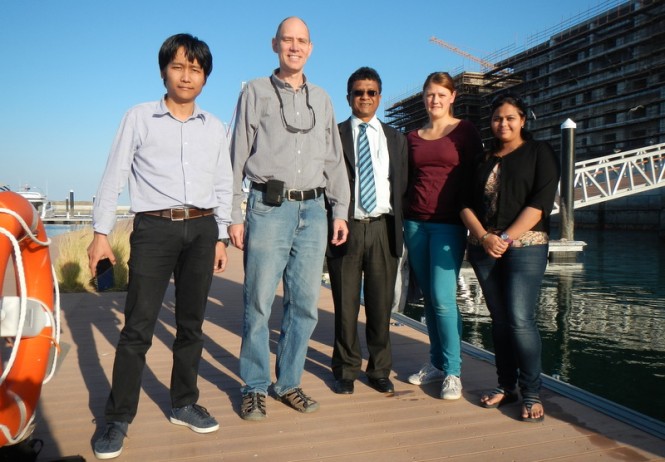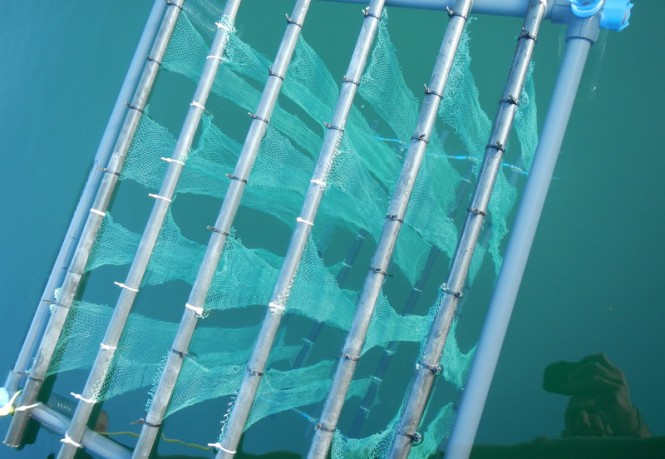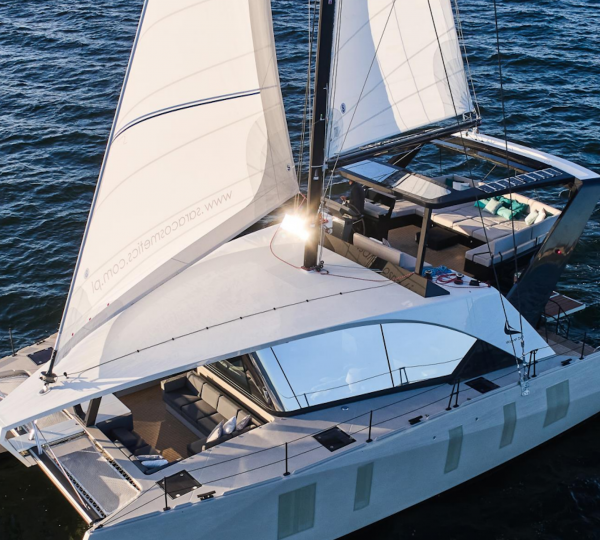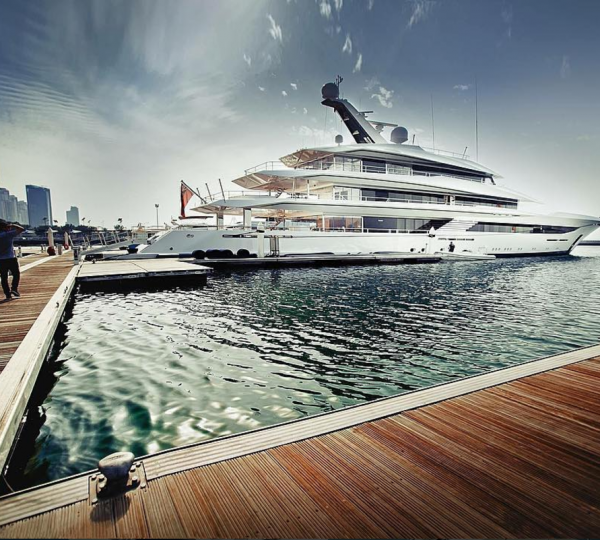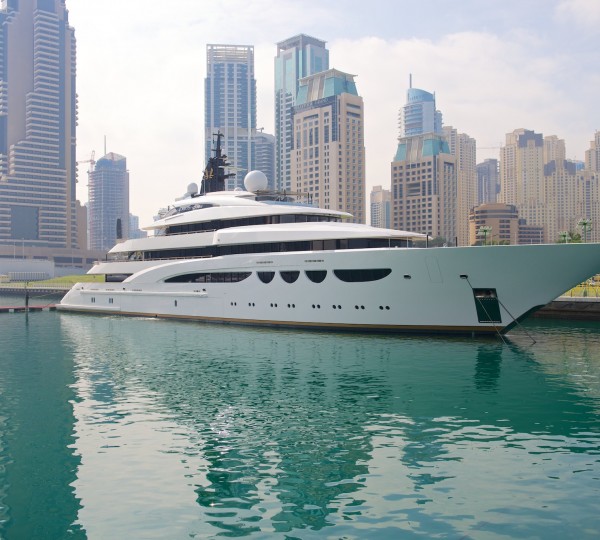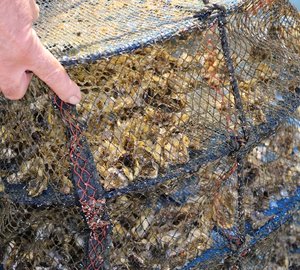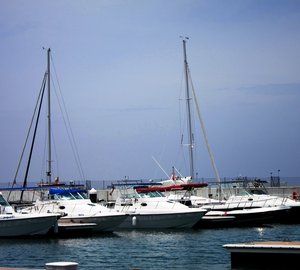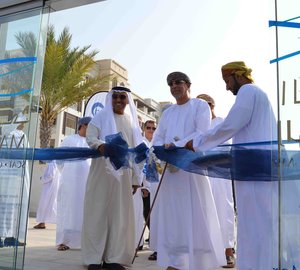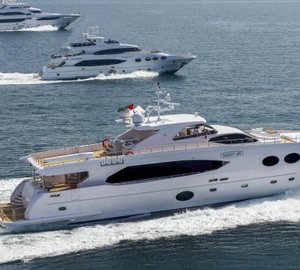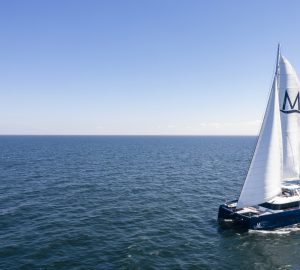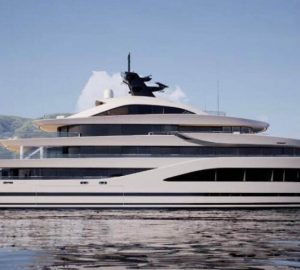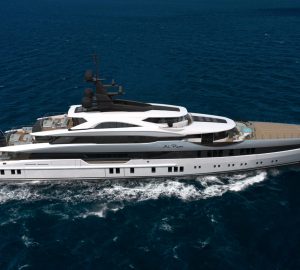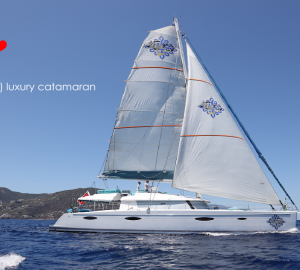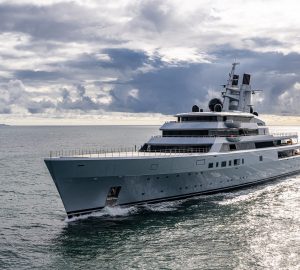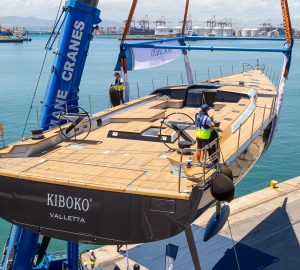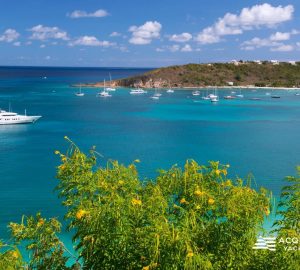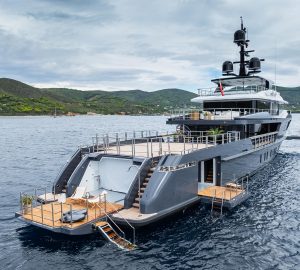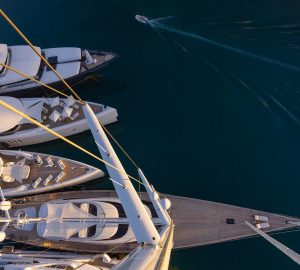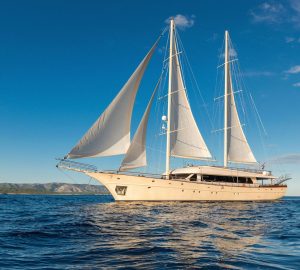Integrating sustainable practices into its day-to-day operations, Mourjan Marinas‘ Almouj Marina at The Wave, Muscat – a breath-taking Middle East yacht vacation destination, positioned in Oman, has partnered with researchers from Sultan Qaboos University (SQU), Oman’s only public university, in a unique project to develop technologically enhanced, nontoxic coatings to be used on boats, submerged structures, as well as industry equipment. Centered on nanotechnology, the study aims to identify environmentally friendly methods that can reduce the impact of biofouling on waterways, marine life, maintenance costs and fuel consumption.
Khalil Abujaber, Marina Manager of Almouj Marina, said, “We are delighted to be part of this eco-project and contribute to SQU’s research towards the advancement of marine sciences in Oman. The value of the data acquired will potentially have a profound impact, not only on our marine environment, but on the lives of our boaters. As one of Oman’s premier marinas, we seek to lead by example in reducing the pollution in our waters to benefit the local community and the boating industry.”
“This is a unique experiment where state-of-the-art nanotechnology is being applied toward the development of environmentally friendly solutions to biofouling,” said Professor Joydeep Dutta, Chair in Nanotechnology in the Water Research Center at SQU.
The experiment being conducted in the marina involves a unique ecologically friendly approach where nanostructures are grown on fishing nets (test surfaces) to prevent biofouling. The metal oxide nanostructures absorb sunlight to provide a shield of highly reactive oxygen and hydroxyl radicals in the vicinity of the coated surfaces thereby hindering the accumulation of biofouling species through a process called photocatalysis.
“The results of this field trial could potentially reduce biofouling in local marine environments, an issue that is responsible for over USD $10 bn in damages worldwide,” commented Dr Sergey Dobretsov, Head of the Marine Science and Fisheries Department at SQU. “Marinas are of particular interest to marine biologists, as they possess a variety of structures that attract a diversity of marine organisms; the marina, therefore, virtually guarantees the availability of samples for the duration of our experiment.” This project is being carried out in collaboration with the Chair in Nanotechnology for water desalination and other applications supported by the Research Council of Oman.
Almouj Marina is dedicated to the optimization of its marine environment and has been involved with multiple research projects and environmental initiatives lead by the Ministry of Agriculture and Fisheries and SQU’s Marine Science and Fisheries Department; most recently, the yachting hub delivered a regional first in a breakthrough experiment that saw the installation of oyster long-lines.

